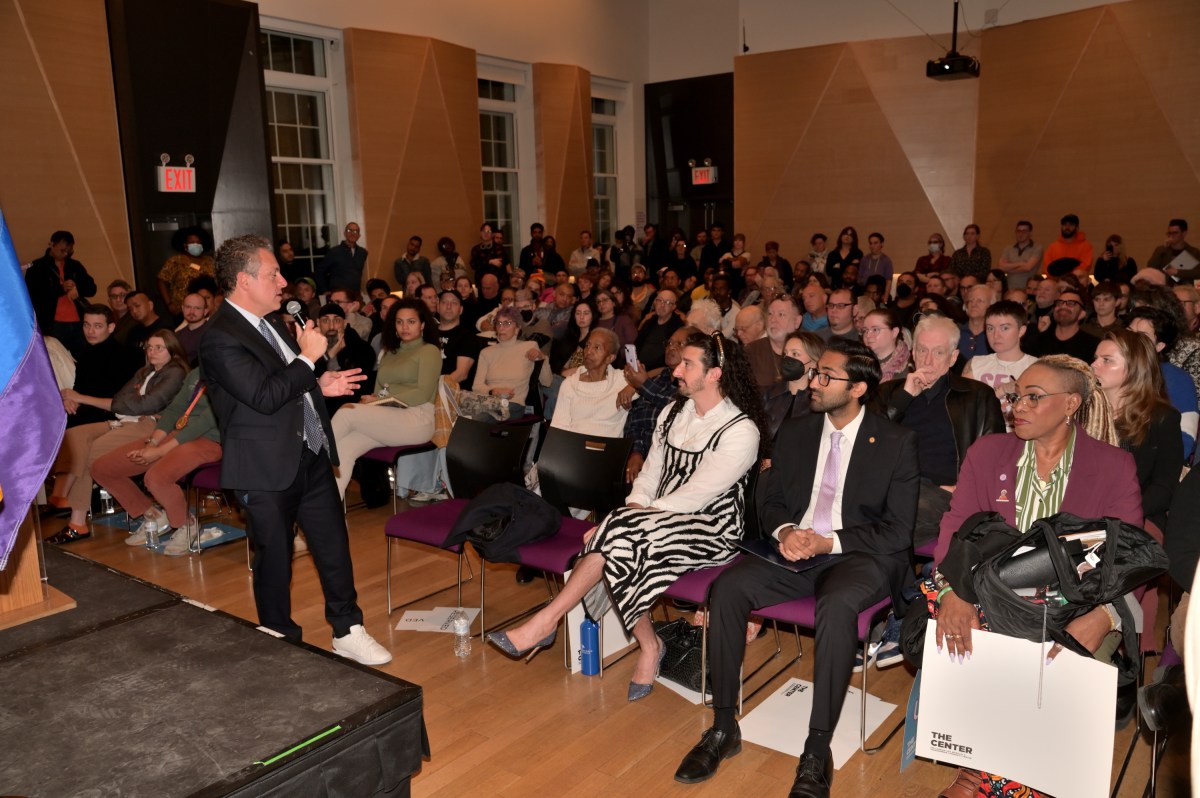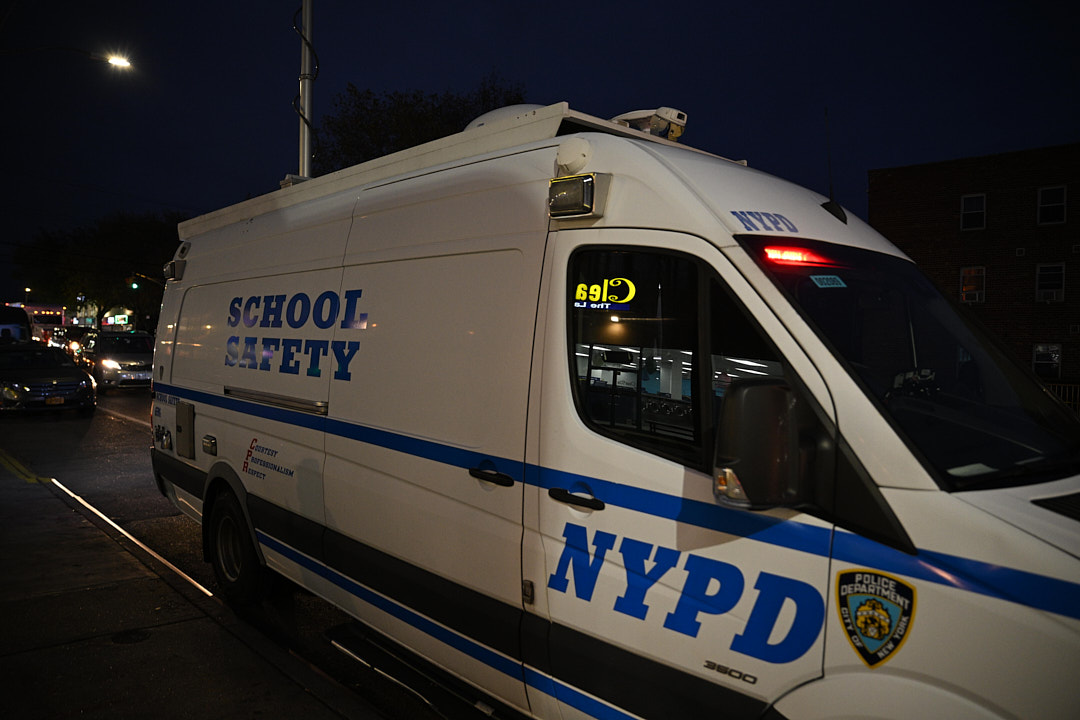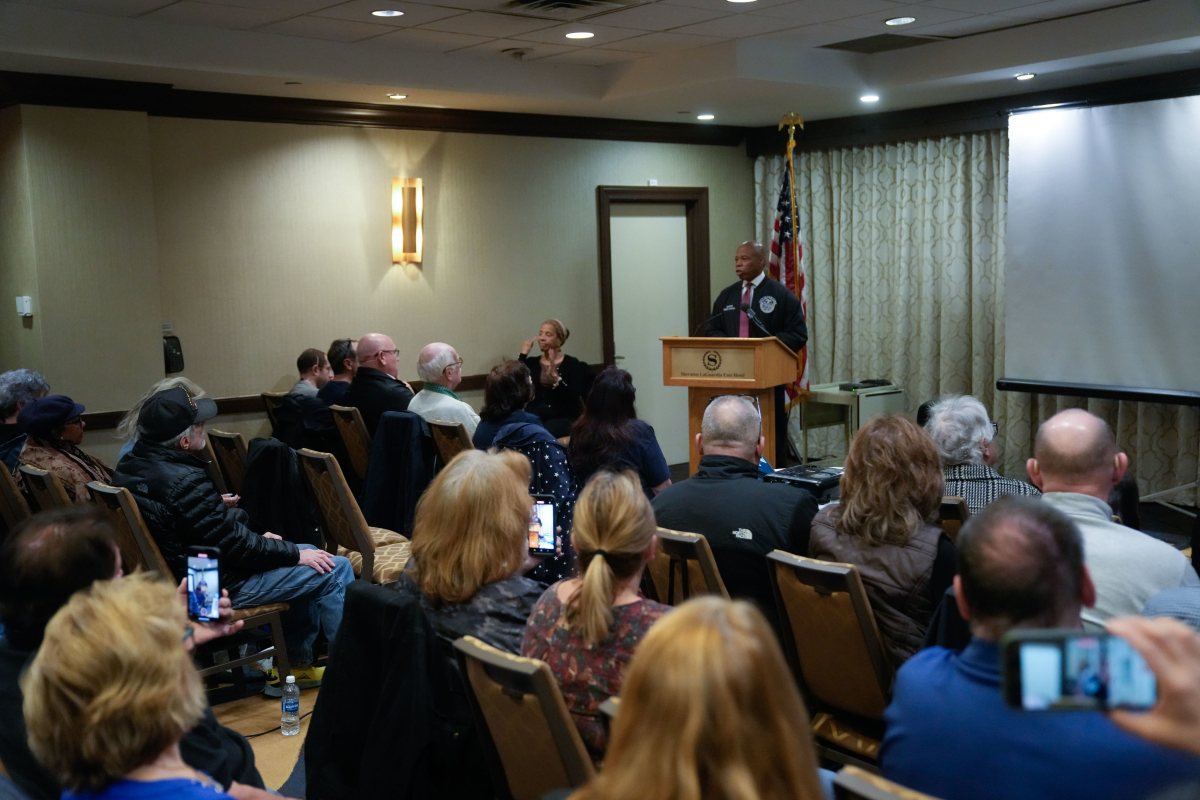As could be seen at an East Village forum on mayoral control of the city’s public schools two weeks ago, parents’ main concern is that they don’t have enough say and that their voices aren’t being heard by the mayor and schools chancellor.
The issue of mayoral control of the schools is coming under renewed scrutiny because the state law that gave Mayor Bloomberg authority over the education system six years ago will sunset in June, unless it’s renewed before then by the state Legislature.
It seems pretty certain the mayor, in the end, will retain control of the schools. After all, there really is no other option, no Plan B, as it were.
The best that can be done is for the legislation to be modified so that, among other things, parents start to feel more empowered — which would only benefit the system as a whole.
The mayor’s taking over the schools had to happen. After the bitter battles that brought about decentralization, that form of school governance ultimately proved a failure.
A microcosm of that system’s failings can be summed up in two words: “voodoo powder.”
In early 2002, the former Community School Board 1 became embroiled in a bizarre internecine war about whether a board member had left a mysterious pink powder — it turned out to be just Kool-Aid — outside the district superintendent’s office door. In short, the focus was on everything but education, and things were way too politicized.
Mayoral control is not a perfect solution, but the fact that there is someone who is held responsible and accountable for the state of our schools is not a negligible thing. Mayor Bloomberg and Schools Chancellor Klein have clearly brought new accountability and professionalism to the system.
Some would say the intense testing, for one, under Klein has helped, others that it’s a waste of time. The debate on testing is an important one that needs to be fully and publicly aired.
Putting police officers in certain violence-prone schools has increased safety, a basic requirement for learning.
Giving schools individual report cards has incited much discussion. Ultimately, we like the idea since the Department of Education, through the report cards, is focusing attention on each school, pinpointing areas for improvement.
But, above all, the lack of parental input and consultation has been glaringly apparent in some of the most heated flare-ups in recent years, such as the policy on student cell phones and the changing of bus routes. Bringing the parents into the discussions on cell phones, for example, early on would have avoided much sturm und drang.
More of a real role should be given to the new community education councils — which represent the parents — and then boroughwide and citywide umbrella councils should be created so parents’ ideas can come to the fore in a meaningful way.
The mayor and education advocates have time to start proactively thinking about making these improvements. But just like when the test starts — the clock is ticking.



































